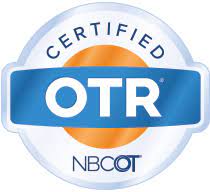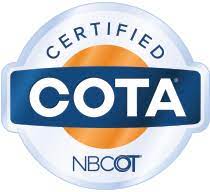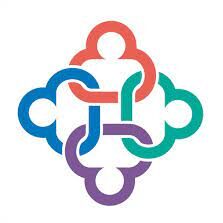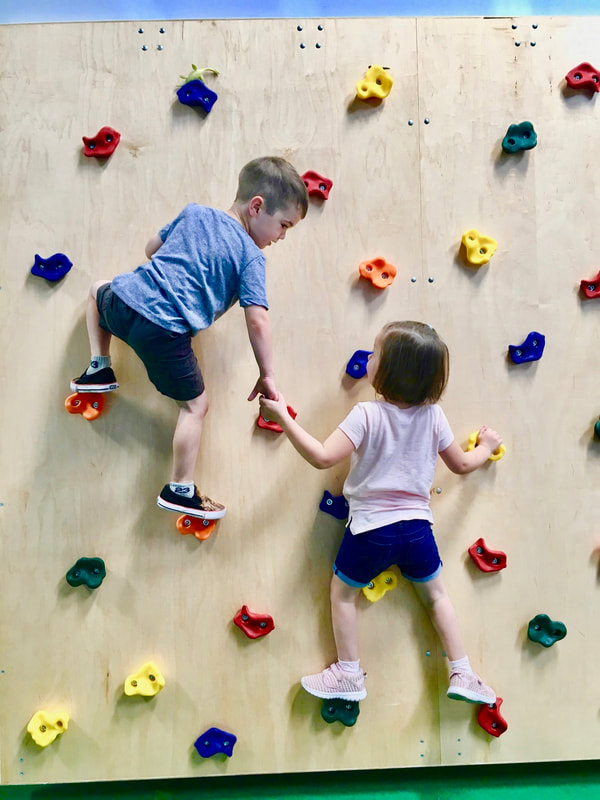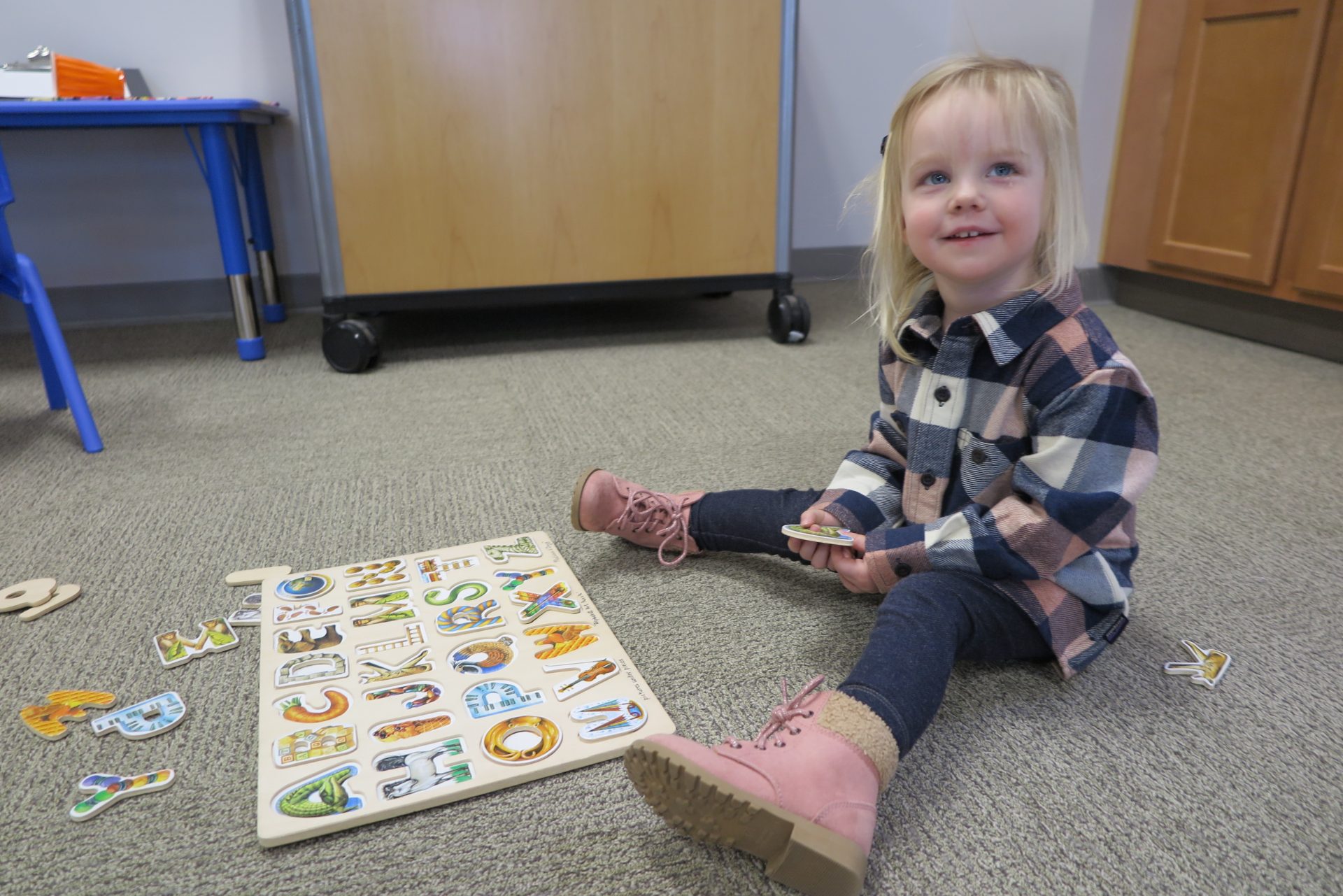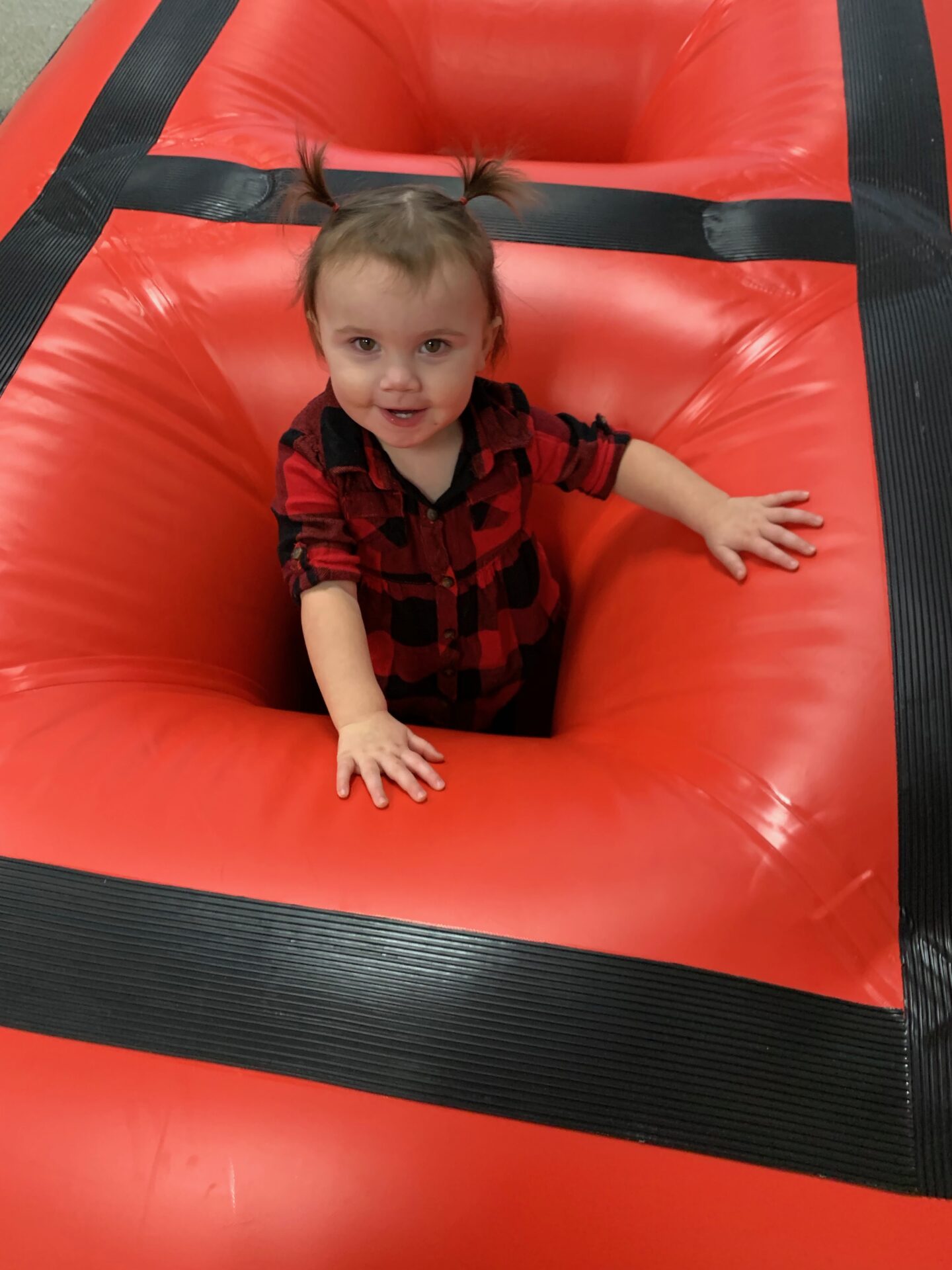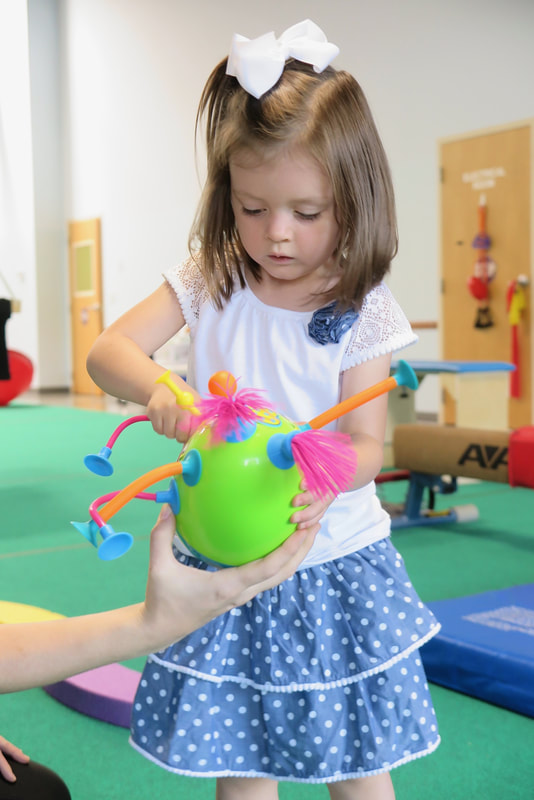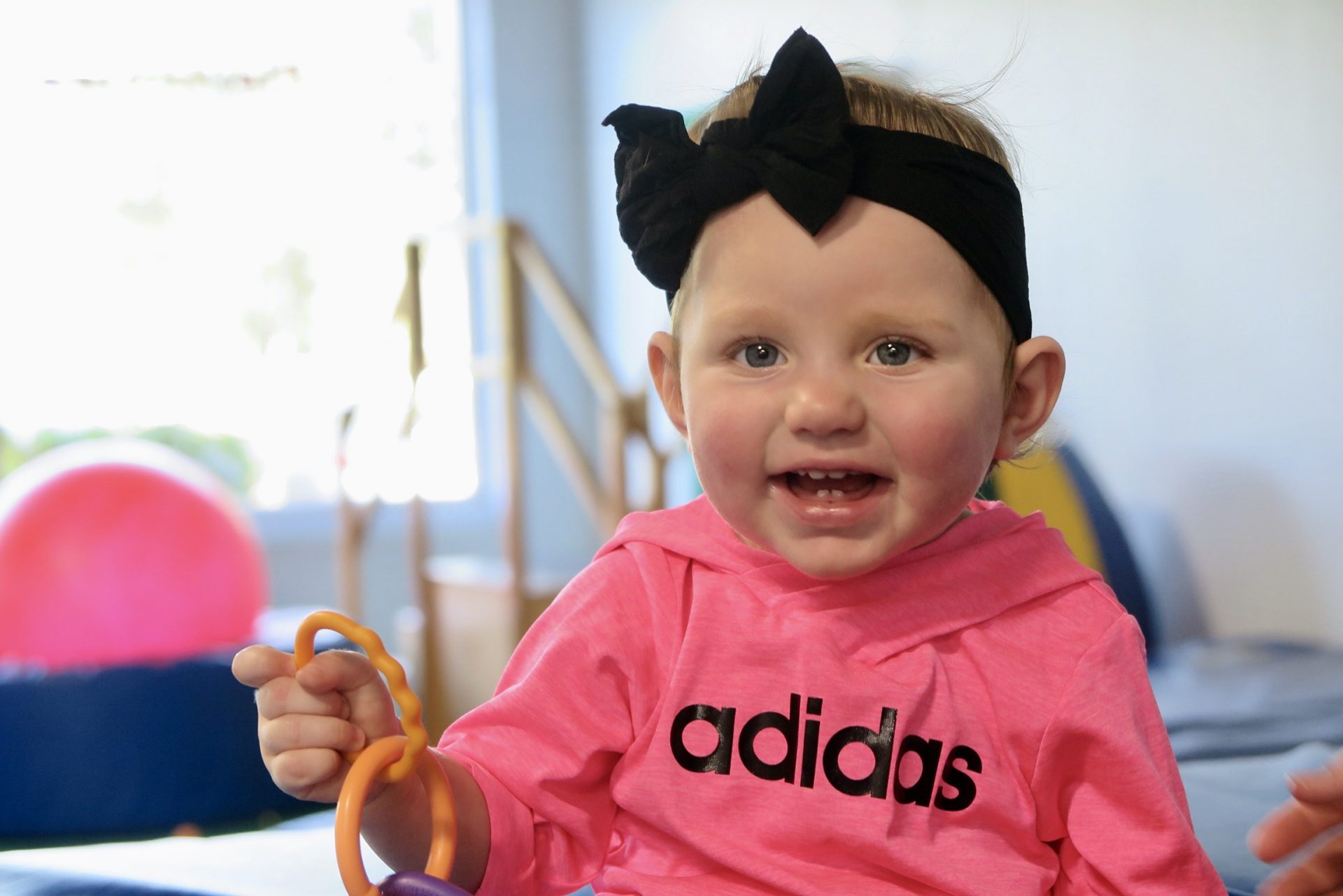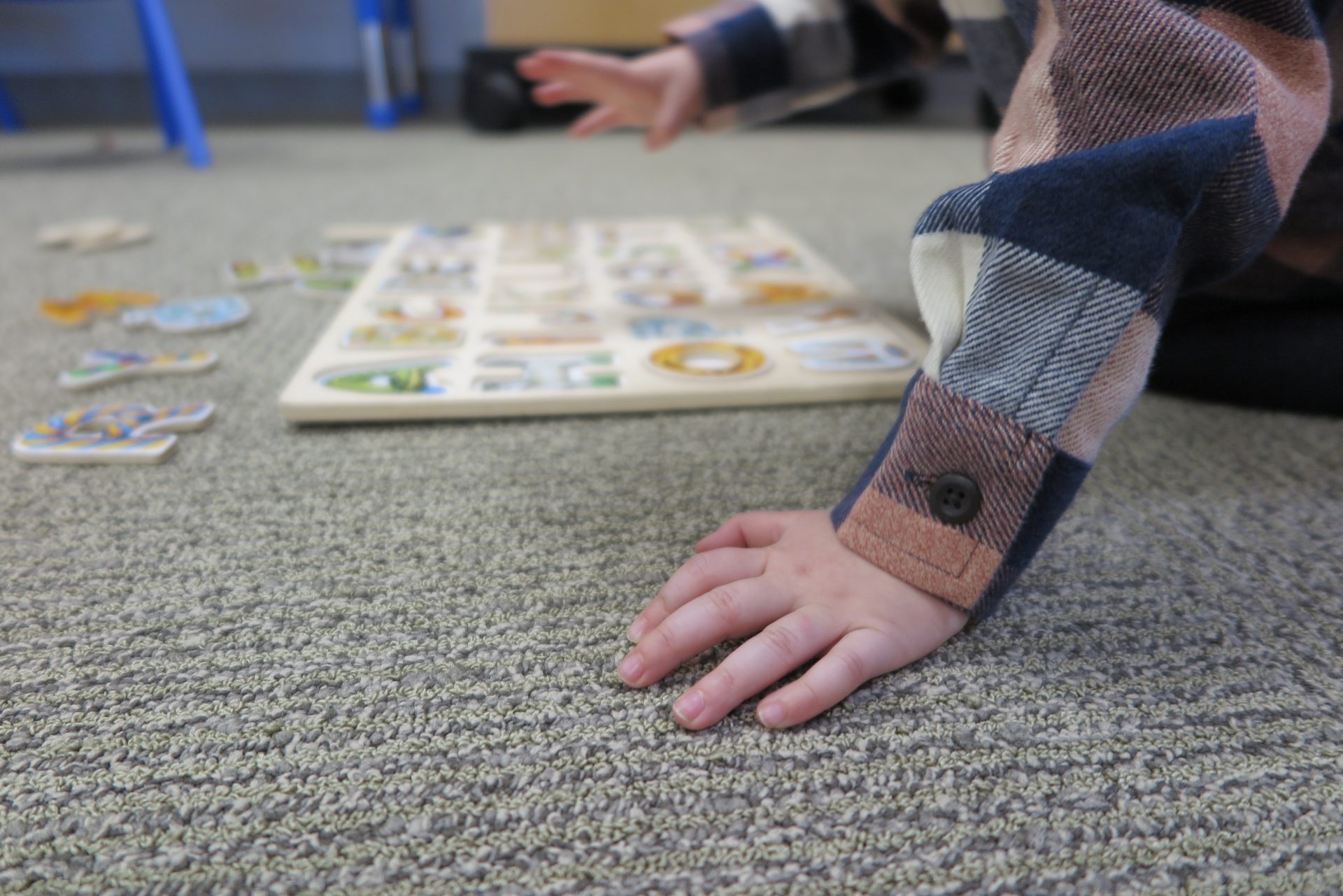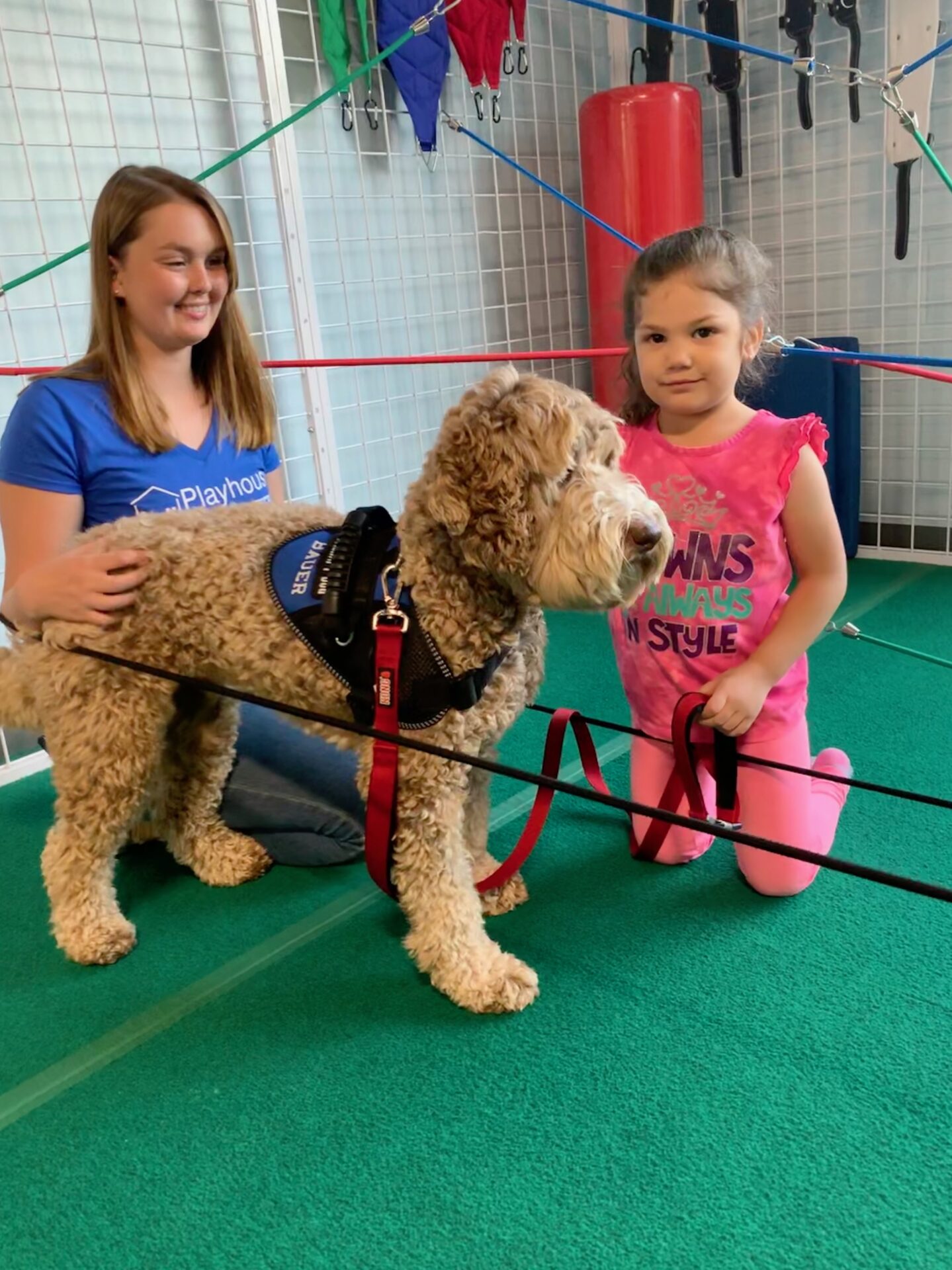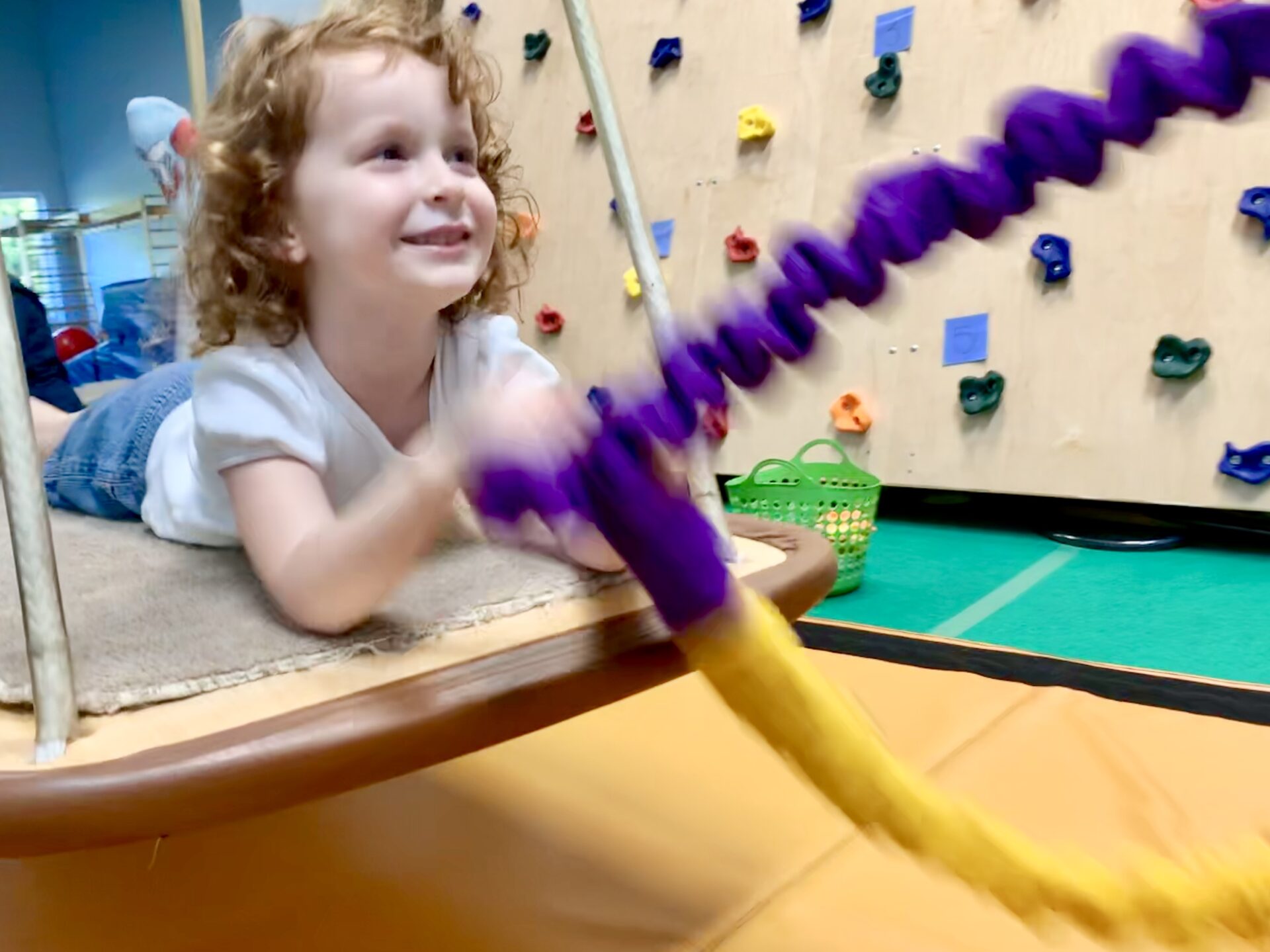Occupational Therapy
Pediatric Occupational Therapy
Questions about BDI Occupational Therapy?
[receiver]
708-478-1820
[star]
Free Screenings
BDI Occupational Therapists
Our Occupational Therapists are trained to identify barriers that restrict a child’s success or independence in completing everyday “occupations”
What is a child’s occupation?
- Play independently
- Be successful in school
- Easily adapt to change and problem solve
- Complete self-care tasks
- Effectively communicate to maintain great relationships with family and friends
- Learn beneficial behavioral skills, such as accountability, empathy, concentration, and self-esteem
Occupational Therapy can help your child improve:
Fine motor skills
- Holding pencil/crayon
- Manipulating toys/small objects
- Clothing fasteners
Emotional Regulation
Range of Motion
- Limited movement in hands/arms, head, legs, or other body parts
- Difficulty straightening limbs
Strength
Core Strength
- Sitting still or sitting without support
- Climbing/running/jumping
- Balance
- Frequent falls
Arm/Hand Strength
- Turning doorknobs
- Opening containers
- Holding a pencil
- Carrying multiple objects
- Maintaining hold on objects
Self Care
- Dressing
- Eating
- Bathroom hygiene
- Chores
- Planning
- Decision making
Sensory Processing
Sensitivities to:
- Sights
- Sounds
- Movement
- Taste
- Touch
- Smell
Visual Perceptual Skills
- Reading
- Puzzles
- Reversing letters/numbers
- Visual scanning (example instead that doesn’t use the medical term)
- Sorting
Visual-Motor Skills
Hand eye coordination
- Handwriting (letters/numbers)
- Drawing/coloring
- Cutting
- Ball skills
Browse Specialties & Certifications
Occupational Therapy can help improve
Fine motor skills
precise hand movements
- Holding pencil/crayon
- Manipulating toys/small objects
- Clothing fasteners
Bilateral Coordination
using both hands or arms together to complete tasks
- Jumping jacks
- Throwing/catching a ball
- Pull/push toys
- Crafting (cutting, glueing, etc…)
Visual-Motor Skills
Hand eye coordination
- Handwriting (letters/numbers)
- Drawing/coloring
- Cutting
- Ball skills
Visual Perceptual Skills
the ability of the brain to understand what the eye is seeing
- Reading
- Puzzles
- Reversing letters/numbers
- Visual scanning (example instead that doesn’t use the medical term)
- Sorting
Self Care
activities of daily living
- Dressing
- Eating
- Bathroom hygiene
- Chores
- Planning
- Decision making
Sensory Processing
ability to receive and respond to aspects of our environment
Sensitivities to:
- Sights
- Sounds
- Movement
- Taste
- Touch
- Smell
Strength
Core Strength
- Sitting still or sitting without support
- Climbing/running/jumping
- Balance
- Frequent falls
Arm/Hand Strength
- Turning doorknobs
- Opening containers
- Holding a pencil
- Carrying multiple objects
- Maintaining hold on objects
Range of Motion
the amount of movement a joint or body part has
- Limited movement in hands/arms, head, legs, or other body parts
- Difficulty straightening limbs
Emotional Regulation
the ability to control one’s own emotional state
A-Z of our OT Services
A
Autism
Attention
ADLs (activities of daily living)
B
Body Awareness
Bilateral Coordination
C
Core Strength
D
Dyspraxia
Dysgraphia
Dressing skills
E
Eye Hand Coordination
Executive Functioning Skills
Emotional Regulation
F
Feeding
Fine Motor Skills
Fine Motor Coordination
G
Gravitational Insecurity
Grip Strength
H
Handwriting
I
IADLs (Instrumental Activities of Daily Living)
M
Motor Planning
P
Postural Control
Play
R
Reflex Integration
ROM (Range of Motion)
Routine Management
S
Self Care
Sensory Processing
Safety Awareness
T
Toileting
V
Visual Motor Skills
Visual Perceptual Skills
Great Feedback from Great Families
BDI Playhouse has exceptional therapists… my son was evaluated at BDI and received Occupational Therapy – and loved his therapist at BDI! I cannot say enough about the entire staff. Qualified, caring, exceptional people.”
Getting Started With Occupational Therapy
Still not sure? Learn more about whether your child needs therapy here
